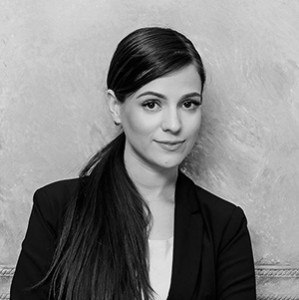Dr. Nadiia Bureiko, Post-doc researcher at the University of St. Gallen, in Switzerland, has written extensively about Europeanisation and national identity issues, specially as regards to Ukraine. For this week post, she offered YourThought.eu her comment on the influence of the EU and how the concept of EU and European is interlinked. Dr. Nadiia Bureiko is Head of Europeanisation studies at the Foreign Policy Council Ukrainian Prism and Vice-head of the NGO Quadrivium, both based in Ukraine for YOURTHOUGHT.EU
“Ever since the end of the Cold War, European identity has been chiefly related to the European integration process (the so-called ‘EU-zation’), since the EU embodied not only the sense of a shared history and culture, but also a common set of values and norms – such as liberal democracy, market economy, rule of law, freedom of speech, human rights etc. seen as constituent parts of a whole and free Europe.
However, not all the European states have benefited from EU membership. Still, the EU-related European identity has travelled beyond the EU borders.
Accordingly, we can speak about the European identity among the nations which are geographically situated in Europe but to whom a full-fledged EU membership has never been offered.
However, due to the various instruments (as part of the EU conditionality or socialization mechanisms), the European norms and values are also diffused to these countries contributing to various extents to the development of a common European identity”.



